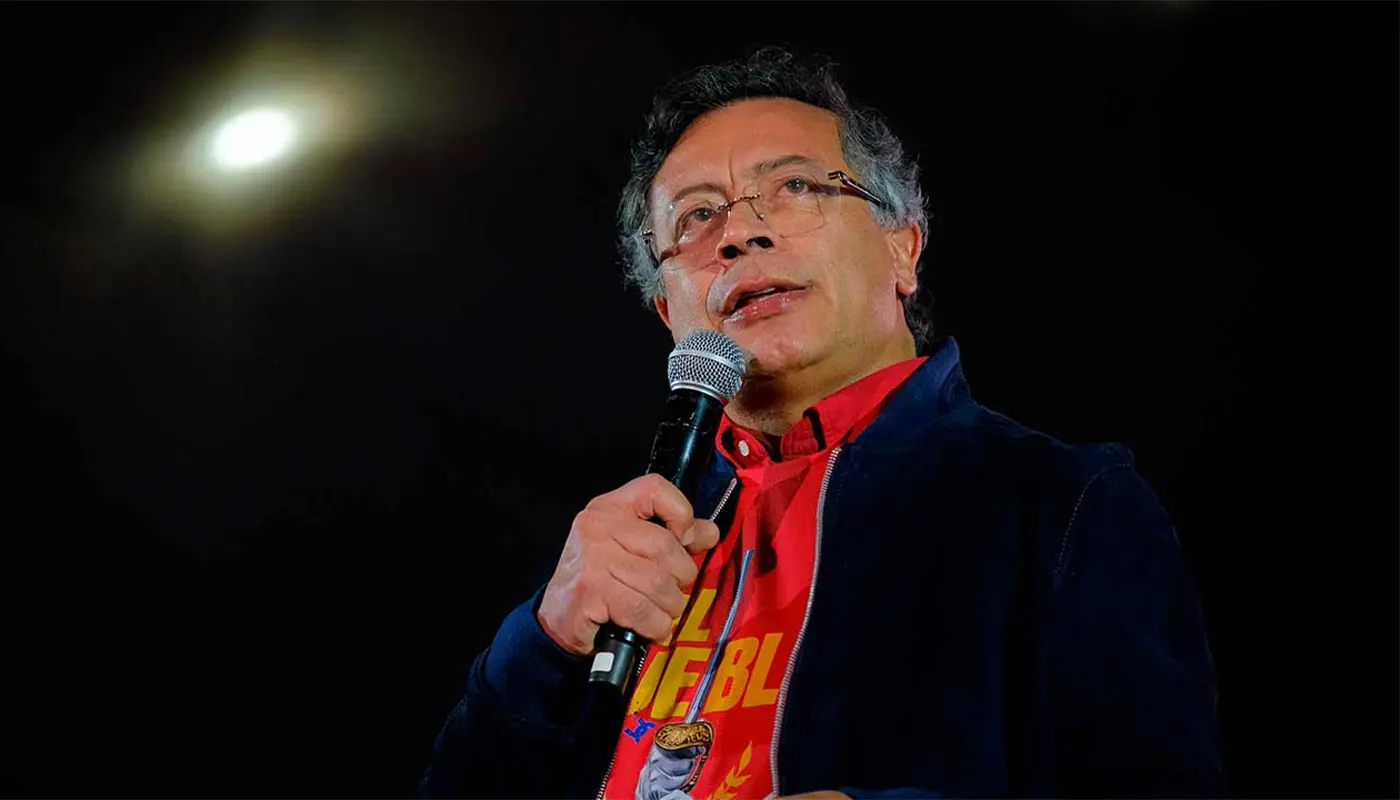In a major diplomatic move, the United States has imposed sanctions on Colombian President Gustavo Petro, along with his wife, son and a senior minister, accusing his administration of failing to restrict the production and trafficking of drugs.
The sanctions were announced by the U.S. Department of the Treasury on 24 October 2025. In a formal press release, the department stated that Petro “has allowed drug cartels to flourish and refused to stop this activity”.
The move comes amid an increasingly fraught relationship between Washington and Bogotá under the leadership of U.S. President Donald Trump.
The sanctions and their targets
The sanctions apply to Gustavo Petro, his wife Verónica Alcocer, his son Nicolás Petro Burgos and Colombian Interior Minister Armando Benedetti.
US Treasury Secretary Scott Bessent said cocaine production in Colombia has surged to “the highest rate in decades, flooding the United States and poisoning Americans”.
Under the U.S. sanctions, all properties and interests in the United States of the designated individuals are blocked, and U.S. persons are generally prohibited from engaging in transactions with them.
Petro’s reaction and Colombian response
President Petro strongly rejected the sanctions, calling them “a paradox” given Colombia’s long cooperation with the US in the drug war.
He posted on X that “fighting drug trafficking for decades … has brought me this measure from the government of the society we helped so much to curb their cocaine consumption. A complete paradox, but not a step back and never on our knees.”
Interior Minister Benedetti also criticised the move, saying it showed that “its so-called war on drugs is nothing more than a pretext for militarisation.”
Diplomatic fallout & regional implications
Analysts say the measures mark one of the most serious diplomatic escalations between two long‐standing allies. Colombia has for decades been one of the United States’ key partners in South America for drug control and defence cooperation; the new sanctions represent a dramatic shift.
Earlier, the U.S. revoked Petro’s visa in September after his participation in pro-Palestinian protests in New York and his criticism of U.S. military actions.
Meanwhile, the U.S. military has deployed an aircraft-carrier strike group to the Caribbean and eastern Pacific in a bid to intensify anti-narcotics operations, a move closely tied to wider tensions in the region.
Washington’s designation of Colombia as “failing demonstrably” to uphold its obligations in the global drug-control regime for the first time in nearly 30 years signals deeper concern.
What’s next?
The sanctions threaten to disrupt substantial U.S. aid flows to Colombia, already estimated to be trimmed by around US$18 million, and potentially impose tariffs on Colombian exports.
For Colombia, an administration that emphasises its “total peace” initiative, aimed at negotiating with armed groups and drug networks, the challenge will be defending the policy at home whilst managing the diplomatic backlash.
Observers say this incident could reshape U.S.–Colombia relations. As Petro’s term advances, his government will have to navigate between domestic reform agendas and mounting external pressure from the United States.
The outcome may determine whether bilateral cooperation on security and migration can survive this rupture.
Sources: Reuters, The Guardian, Associated Press, Al Jazeera






